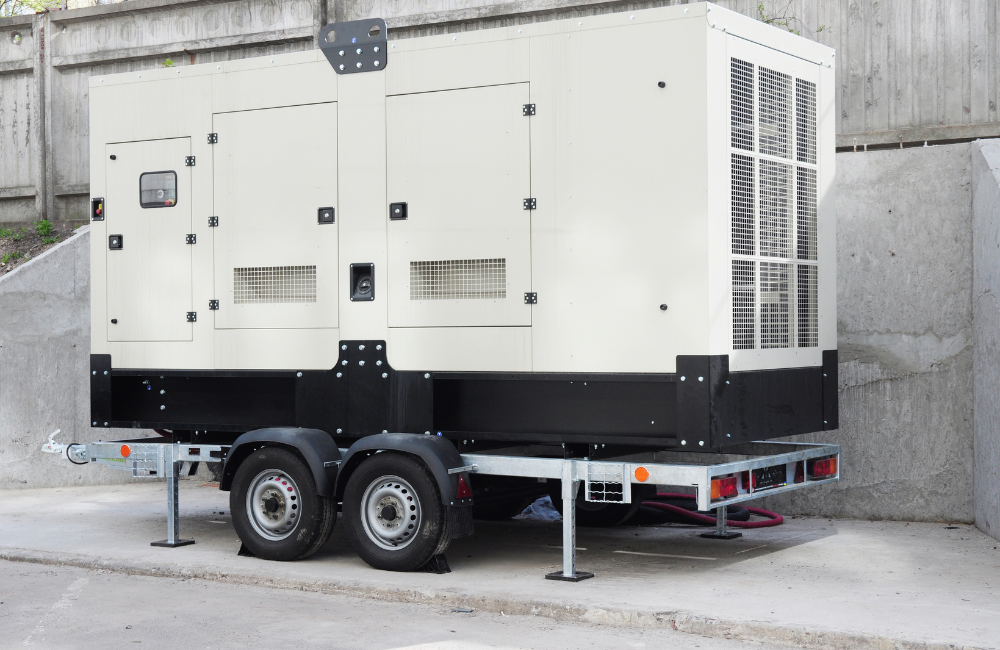What Size Generator Will I Need To Run An Event
Posted By total generators
Body
Organising an event often involves a plethora of considerations. One of the most crucial is ensuring there's adequate power supply. Whether it's an outdoor wedding, a corporate event, or a music festival, the importance of having the right-sized generator cannot be understated. Let's delve into how to determine the perfect generator size for your event.
Evaluate Your Power Requirements
Before choosing a generator, you must have a clear idea of the total power your event will need. This includes:
- Lighting: Consider both indoor and outdoor lighting. Stage lights, decorative lights, and safety lights all add up.
- Sound Systems: From microphones to speakers, ensure you account for everything.
- Catering Equipment: Devices like coffee machines, ovens, and fridges require significant power.
- Heating or Cooling: Depending on the season, you might need heaters or fans.
- Miscellaneous: Think about other equipment like projectors, charging stations, and electronic devices.
Factor in Starting and Running Watts
Electrical devices usually require more power during start-up (starting watts) than when they are running continuously (running watts). For instance, while a speaker may need an extra burst of power to start, its consumption stabilises once it's running. Ensure the generator can handle both these requirements.
Keep a Buffer
Never operate a generator at its maximum capacity for an extended period. It's a good practice to choose a generator that can supply 20-25% more power than your estimated requirement. This buffer ensures efficiency and accounts for unforeseen power needs.
Consider Multiple Smaller Units
Sometimes, it's more practical to have multiple smaller generators rather than one large unit. This approach provides flexibility and can be more efficient. For instance, a catering area can have a dedicated generator, while another powers the sound system.

Duration of the Event
Think about how long your event will last. Generators have varying fuel tank sizes and consumption rates. Ensure the model you choose can run for the duration of your event, with refuelling intervals that suit your schedule.
Think About Noise Levels
The last thing you'd want is for generator noise to interrupt your event. Opt for models designed to run quietly, especially if the event demands a serene environment.
Consult with Experts
Given the vast array of generators available, consulting with a specialist can provide clarity. Companies like Total Generators have experienced professionals who can guide you to the perfect choice for your event.
Choosing the right generator size is paramount for the smooth running of your event. By understanding your requirements, considering starting and running watts, and seeking expert advice, you can ensure your event remains powered, successful, and memorable. Remember, it's always better to overestimate than to fall short when it comes to power.









Comments